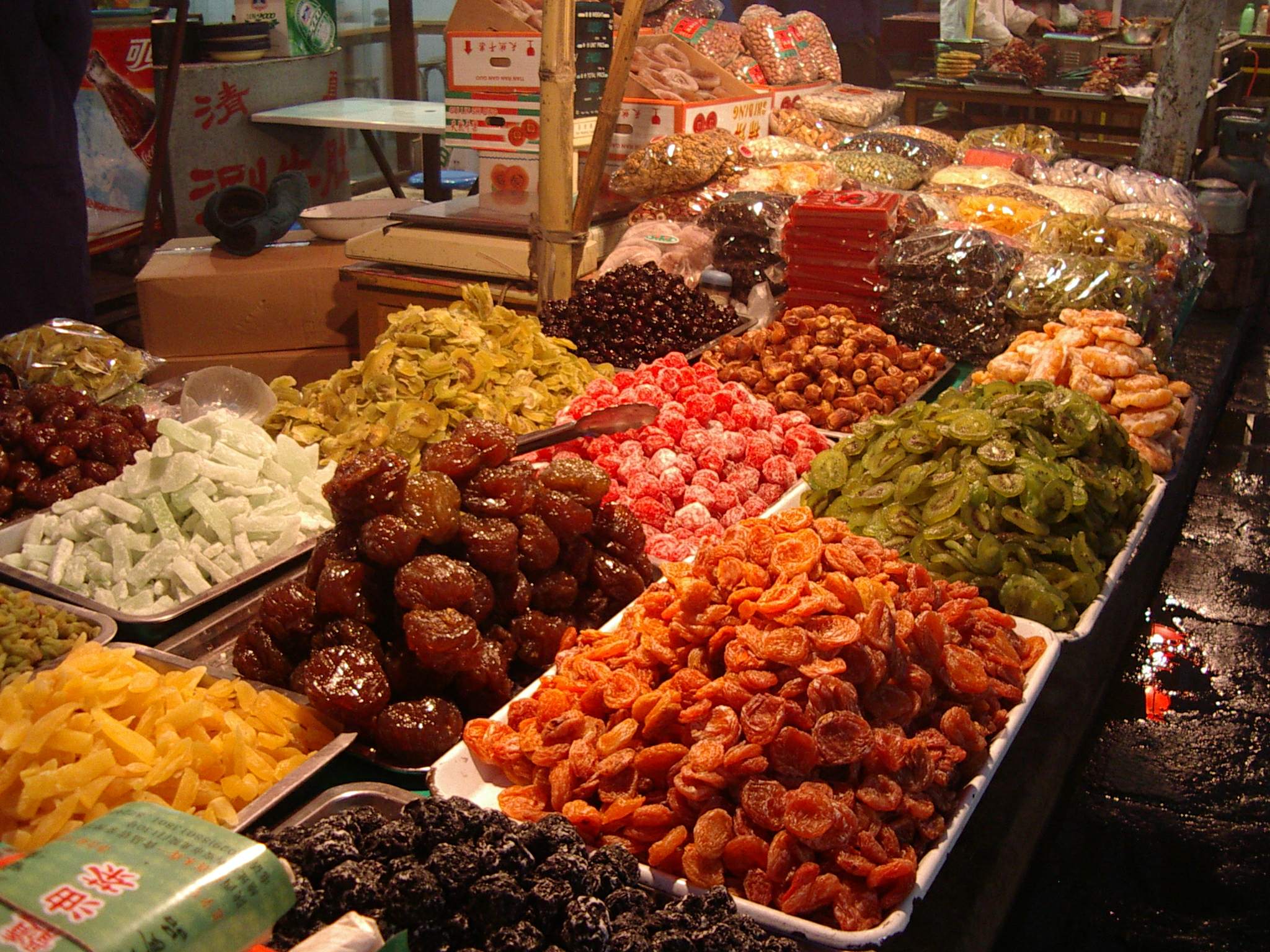
Candy bars in school vending machines will be replaced by granola and dried fruit under a U.S. plan that sets nutrition requirements for snacks, sodas and other food sold outside of regular meals.
Schools will have to limit unhealthy fare sold separately from federal school meals, according to a proposal released today by the U.S. Department of Agriculture. The U.S. says snacks peddled in vending machines can be no more than 200 calories and must meet other nutrition criteria, such as limits on fat and sugar.
The government about a year ago revamped nutrition standards for school lunches and breakfasts as it seeks to reduce child obesity. Even before the standards were changed, parents’ groups raised concerns that food outside the meals program -- such as student-run bake sales -- would be outlawed. While today’s proposal regulates areas such as vending machines, the department avoided that issue by leaving it up to states.
“Parents and teachers work hard to instill healthy eating habits in our kids, and these efforts should be supported when kids walk through the schoolhouse door,” Agriculture Secretary Tom Vilsack said in a statement. “Good nutrition lays the groundwork for good health and academic success.”
The proposal doesn’t apply to foods brought to school in bagged lunches. It also doesn’t cover food sold at concession stands after school ends or items children bring in to celebrate birthdays or special events.
Pizza Sales
Foods sold by the school that aren’t also provided as part of the regular meal program must meet the nutrition criteria of lunch fare, according to the proposed rules, which have a 60-day comment period.
The nutrition standards for vending machines and food sold outside of the U.S.-provided meals are welcome, said Margo Wootan, nutrition policy director at the Center for Science in the Public Interest, a Washington consumer advocacy group.
“This is great news for the country, for children, for families,” Wootan said. “It’s a step toward getting junk food out of vending machines and schools.”
The proposal is part of the Healthy, Hunger-Free Kids Act of 2010, which seeks to curb child obesity by changing food in schools and promoting healthy eating. The law required the Agriculture Department to set nutrition standards for items sold during the school day, known as “competitive foods.” The agency has jurisdiction as it oversees the federal school-lunch program, which provides low-cost and free lunches in public and non-profit private schools.
Nutritional Standards
The proposal released today sets nutritional limits for food and beverages in vending machines, such as PepsiCo Inc. (PEP)’s Doritos, and may apply to fast-food items sold in the cafeteria, such as Domino’s Pizza (DPZ) slices students buy with pocket money. There will also be limits on beverages, such as sports drinks sold in high schools.
All schools may sell plain, low-fat milk, chocolate fat- free milk, as well as fruit and vegetable juice. The proposal also sets calorie limits on other beverages.
“With many students consuming up to half of their daily calories at school, these guidelines could make a real difference in the health of our nation’s kids,” Jessica Donze Black, a dietician and director of the Washington-based Kids’ Safe and Healthful Foods Project, which provides analysis on school foods, said in a statement.
Unhealthy Snacks
Almost half of elementary school students were able to buy unhealthy snacks in the 2009-2010 year, according to a study published Feb. 6 in the Archives of Pediatrics and Adolescent Medicine.
“For decades, the school lunch loophole has given our kids access to junk food through school vending machines, snack bars, and school stores, undermining not only their health, but also taxpayers’ investment in nutritionally-balanced school meals,” Democratic Senator Tom Harkinof Iowa, said in a statement. “USDA’s proposed nutrition standards are a critical step in closing that loophole.”
Some changes already have been made. Coca-Cola Co. (KO), PepsiCo and Cadbury Schweppes Plc in 2006 agreed to halt almost all soft drink sales in elementary and middle schools and to limit soda sales in high schools to diet drinks, under a deal brokered by former President Bill Clinton and the American Heart Association.
To contact the reporter on this story: Stephanie Armour in Washington at sarmour@bloomberg.net


